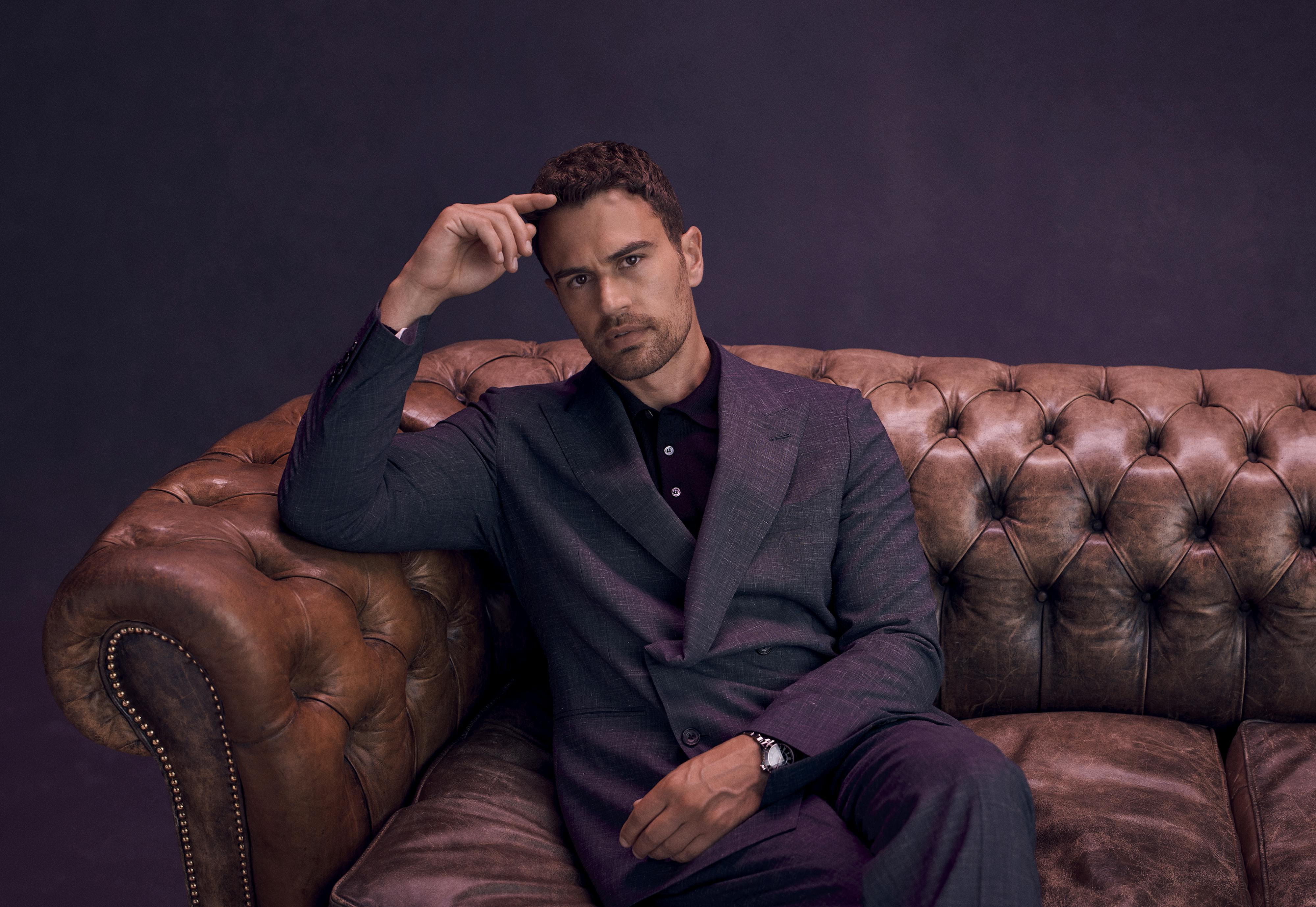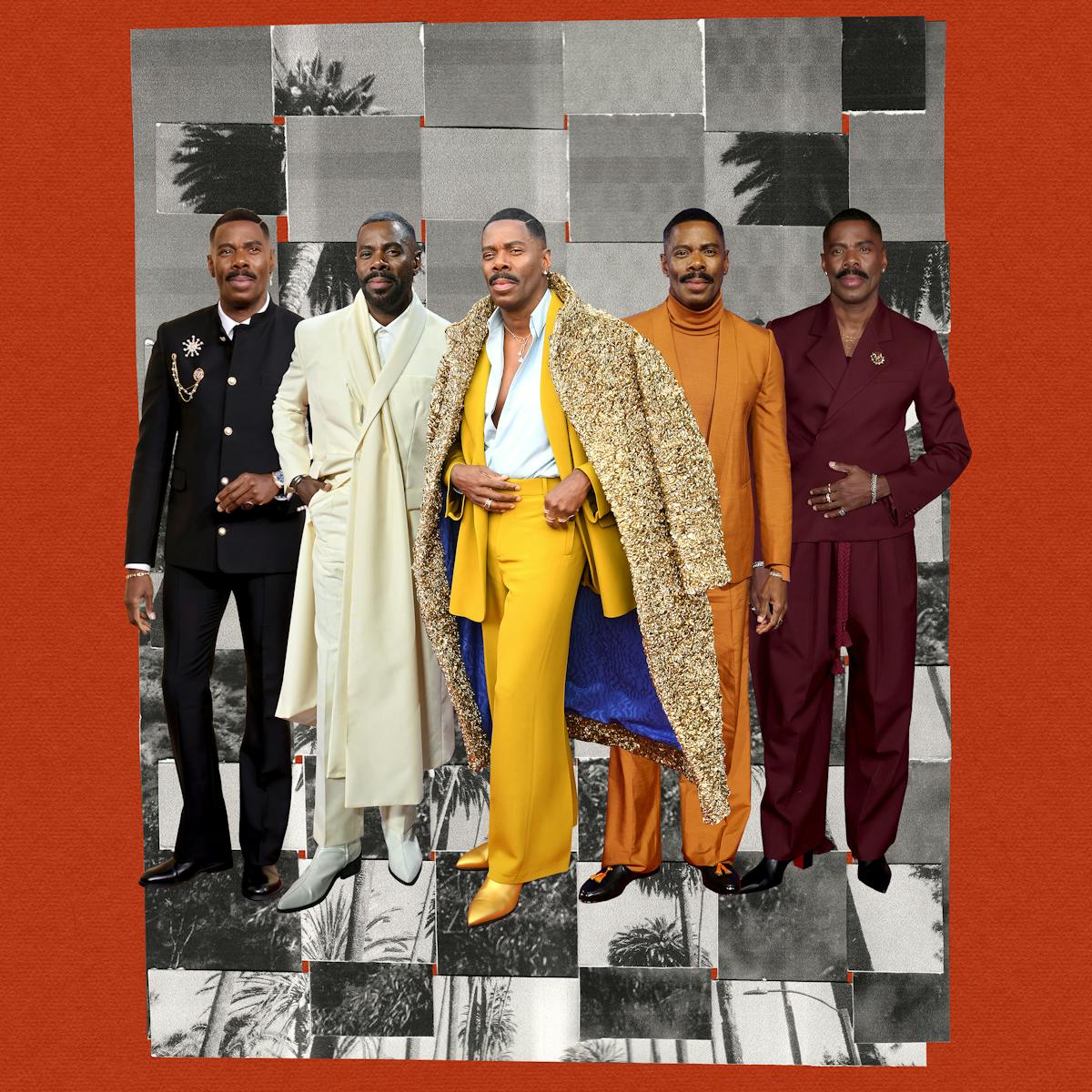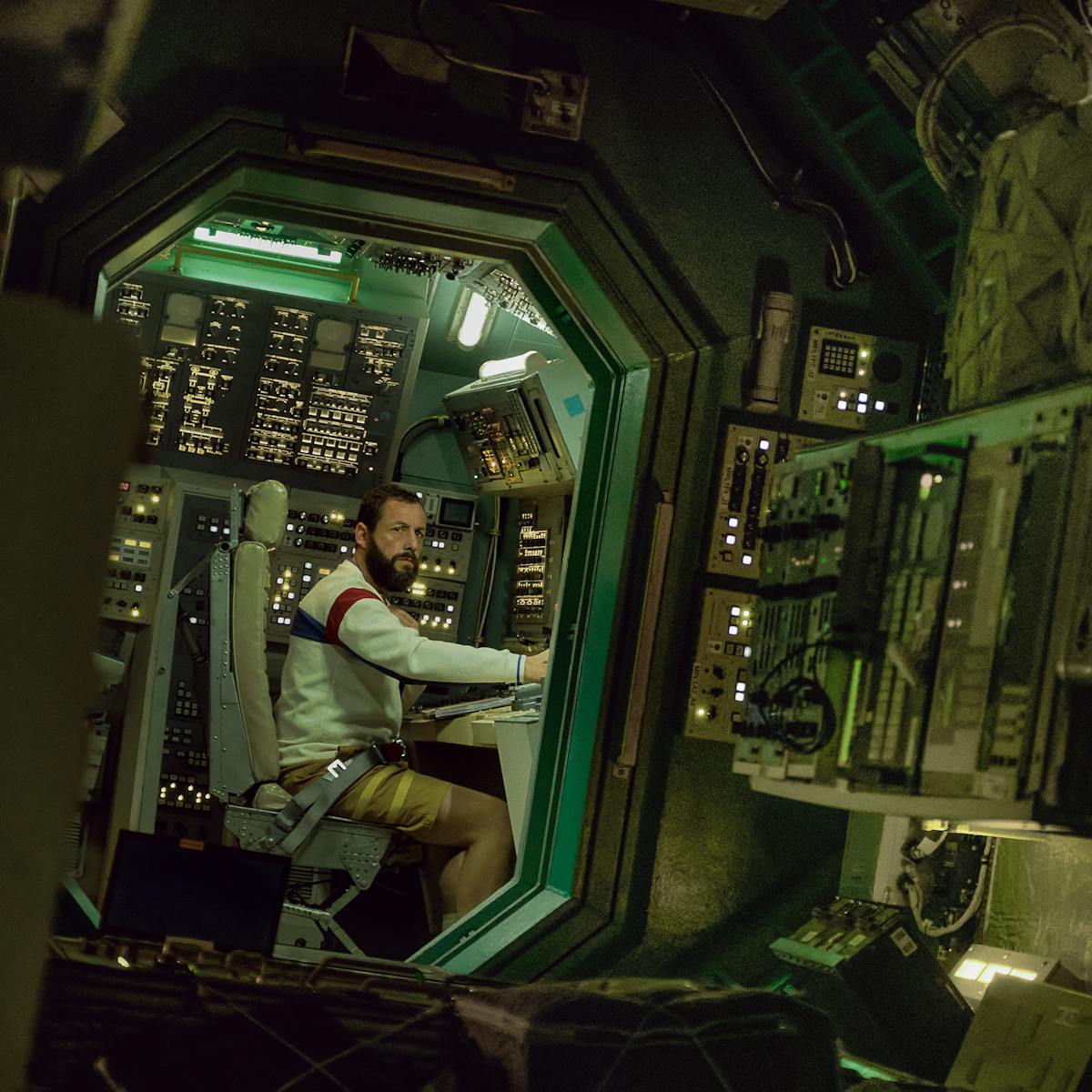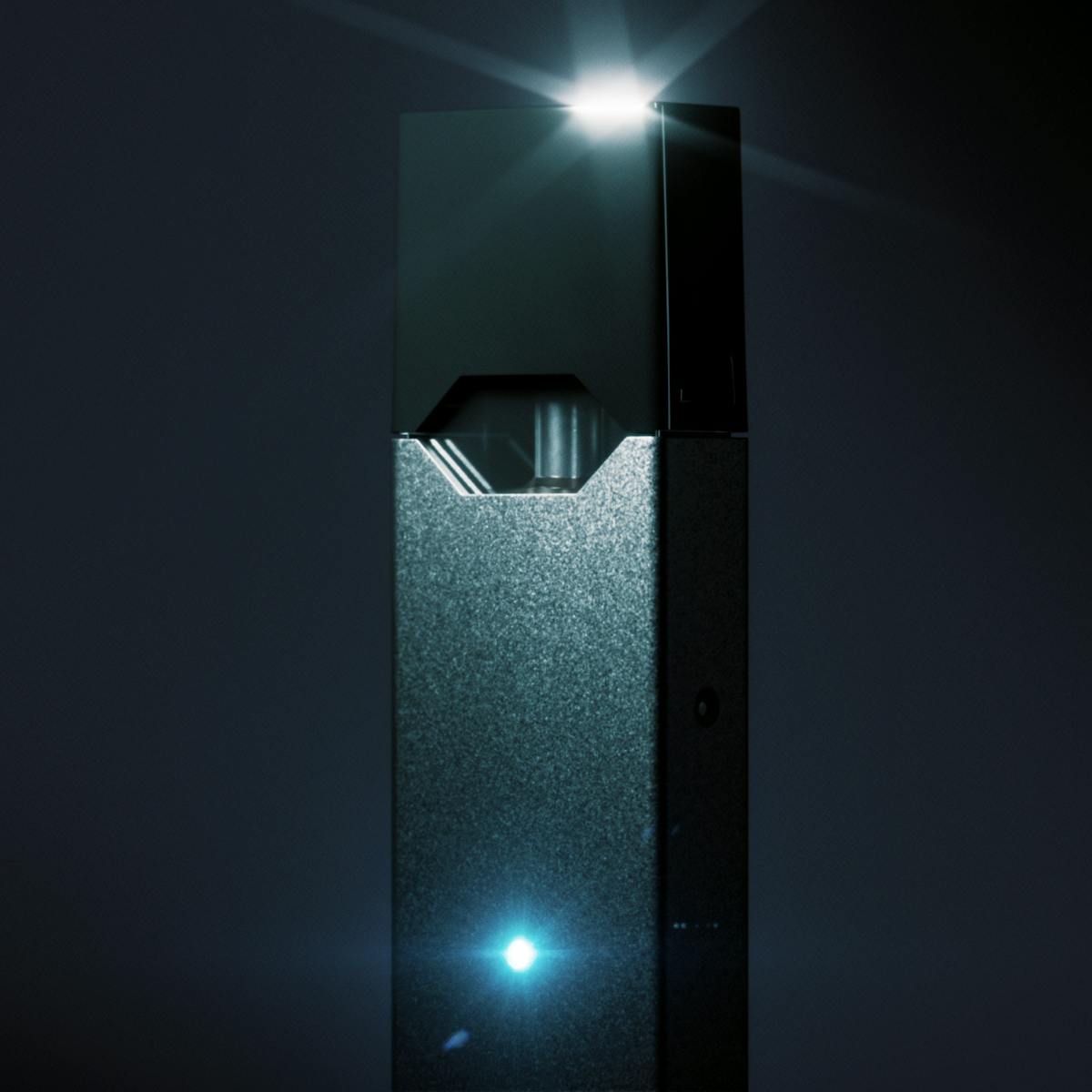Theo James stars in Guy Ritchie’s crime-comedy series, The Gentlemen.
The coterie of actors who have decorated the screens of Guy Ritchie’s projects is a club of extraordinary talent, and it’s just acquired a new member in Theo James. The 39-year-old Brit, coming off of his Emmy-nominated performance in the second season of The White Lotus, enters Ritchie’s oeuvre with The Gentlemen, a series set in the same world as the director’s 2019 film of the same name.
James plays Eddie Horniman, an upper-class British man who inherits a dukedom and estate when his father passes away, only to discover a secret: a sprawling marijuana operation housed on the grounds. As Eddie attempts to release his family from its ties to the criminal underworld, he leaves a trail of calamity and bloodshed, discovering along the way that he might be cut out for the seedy life he’s stepped into.
Here, James speaks to the process of creating Eddie and working with the master of the British crime genre.
An edited version of the conversation follows.
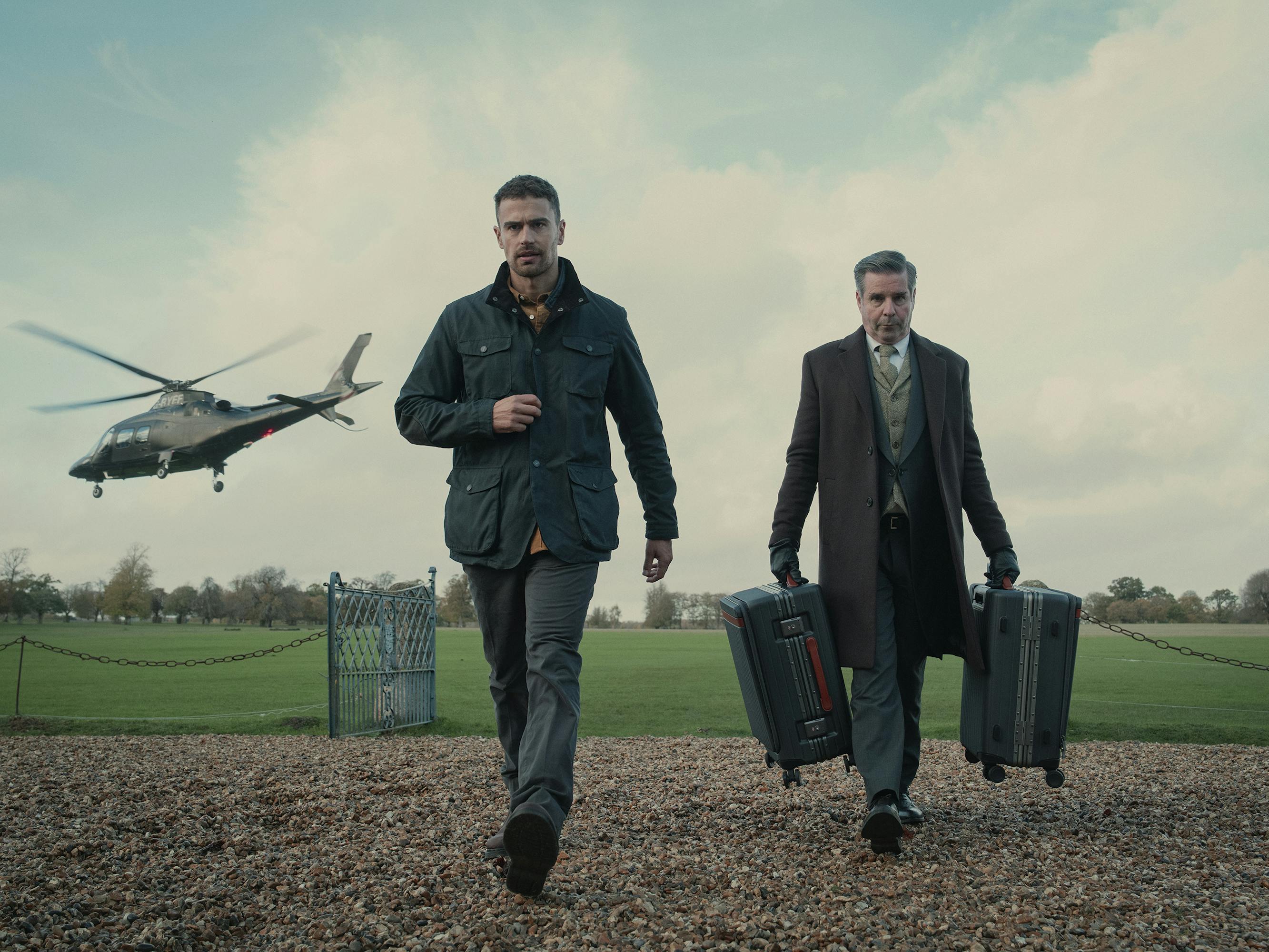
Eddie Horniman (Theo James)
Photograph by Christopher Rafael
Had you seen the feature version of The Gentlemen before you were asked to be a part of the series?
Theo James: I had seen the movie before. I already kind of understood the world, and I’d been a fan of Guy’s since Lock, Stock, and Two Smoking Barrels and Snatch. When I heard the pitch, I liked the conceit of a guy who comes back to his family seat after being away for a long time in the army and has to dig his family out of this hole of criminality. I thought that was a really interesting throughline.
I like his work, the heightened tone of it, but it’s quite tricky because it should be violent, it should be dramatic, but it’s also funny. Guy talked about that a lot; it’s reality with a 7 percent twist and you can see that with the costumes and the lighting. It’s heightened by that slight percentage.
In the initial conversations with Ritchie, how did you guys talk about the character of Eddie?
TJ: Talking about Eddie, talking about the world, he very much wanted it to be a Breaking Bad story in some sense. It’s about a good man who is corrupted through the course of criminality. I also wanted to make sure that Eddie, as a character, had enough teeth, that he evolves over time. This [character], you believe that if he steps into the dark side, he might remain there and might be quite a dangerous person.
On top of that, we talked about class — it’s so endemic to British culture — and playing on that both literally and also in a comedic sense. Some of the themes of the movie recur in the show and that’s about these huge generational seats, dukedoms, that have passed down for hundreds of years. But they’re all broke and they’re all desperate for some form of income. How far will they go to keep the family seat, keep the lifestyle? Will they do anything for it?
It also reflects the dichotomy in British society. You have hyper-privilege that has been passed down multi-generationally and then you have this up-and-coming family, a more dynamic sense of British culture which is trying to comment that the posh side is a little bit staid and needs to be awoken.
Can you talk through Eddie’s journey, all the different types of people that he has to navigate in and around?
TJ: As part of Eddie’s story, he’s having to dig the family out of this trench that his distant father has got them into. They’re indebted to one of the biggest criminal organizations in the U.K. and he has to pull them out of it by falling into the hands of the devil, essentially. But as a result, as in all of Guy’s [work], he’s meeting all those subcultures and subsets of U.K. society in a really fun, dynamic way — whether it’s the Albanian gangster Tonibler named after Tony Blair; Mercy, a Filipino drug lord; or a Liverpool cartel who are hyper-violent but also hyper-funny. And within that, he’s trying to keep a lid on this very toffish duke seat with his mother who likes shooting, and the gamekeeper, and all the trappings of British aristocracy.
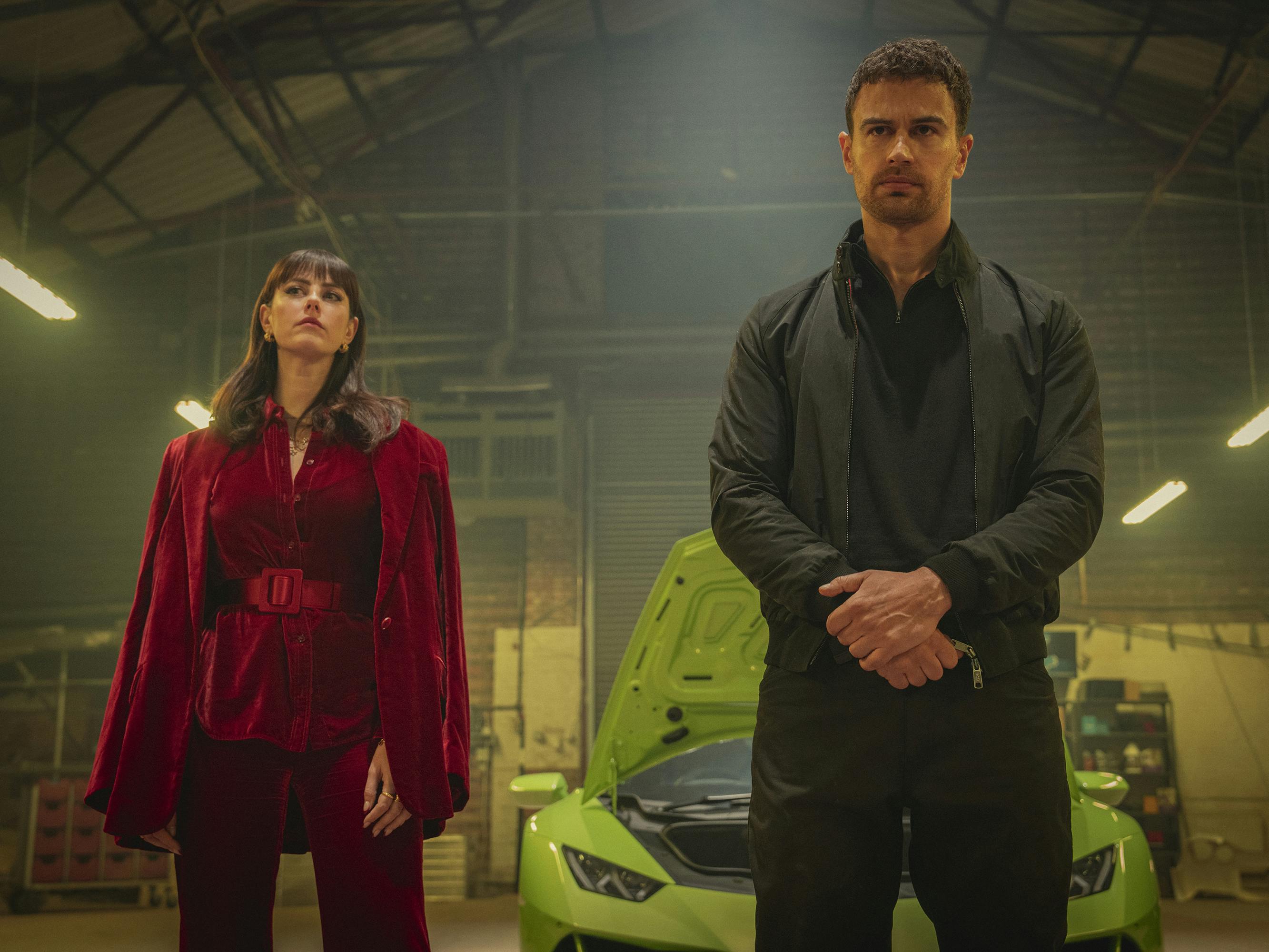
Susie Glass (Kaya Scodelario) and Eddie Horniman (Theo James)
Photograph by Christopher Rafael
What’s unique about being on set with Guy?
TJ: Guy is very unique as a director. He likes creativity on the day, so you use the script as a framework really, which is something you have to learn as an actor. You’re learning the page, and then it’s like, “Fuck that, we’re not gonna use any of that, let’s start again.”
Once you get into the flow of it, it’s actually quite fun, and it can be quite liberating because you are able to spitball and come up with the ideas together and work towards creating the best scene you can within that time, rather than being anchored by certain narrative forms that you have to stick to.
The tricky thing was maintaining his tone throughout because it is so specific. With Lock, Stock he kind of created the genre. It’s on a razor’s edge between comedy and drama and action, and we noticed that if you tip too far in one direction it becomes something you don’t want it to be, so you really have to thread the needle. If you tip too much into drama, it becomes melodrama. If you tip too much into comedy, it becomes too farcical. And if you tip too much into action, it’s just a straight-up action film. Trying to thread those needles was something we really worked on.
Was this a physical role for you?
TJ: It’s both a physical role and a comedy role, and then there’s the darkness there. But there’s a heavy action element which is really fun. Guy’s style is a little different from how you normally see it. There’s not a lot of people’s heads being blown off and seeing the aftermath of it. It’s more visceral within the moment rather than blood and gore for the sake of it. But I mean [Eddie is] a military man who comes back to fight his way out of a criminal dynasty that’s now running his estate, so there are plenty of people that die, shall we say.
What was it like to be shooting in these stately homes and on their grounds?
TJ: Filming around the country, especially in London and the south of England where lots of these big country estates were, was fascinating because I had never met a duke; I have no entrée into that world. So going into it was interesting because you think of it as not real or you think of it as a vestige of a Jane Austen reality that died long ago. But actually, the reality is it still exists.
For example, we filmed in Badminton Estate, which is this beautiful estate down near Bath. Even though it feels heightened, it actually exists in Britain which is kind of fascinating to me. Then, on top of that, you’re in these estates which have this huge lineage to them, for better or worse. [Their] wealth and land has literally been handed down through generations, and what that means to Britain and what that means to the show I found really fascinating.
